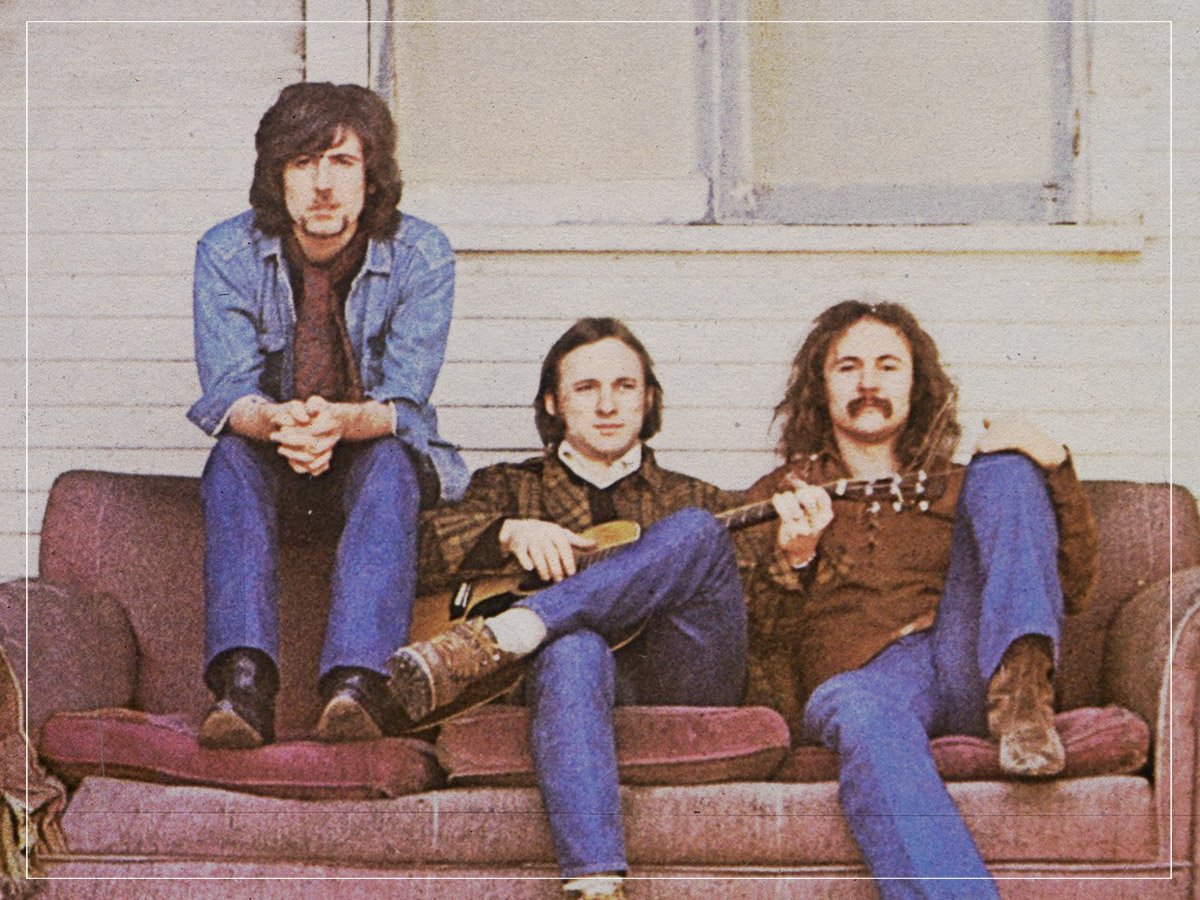
(Credits: Far Out / Alamy)
No genre is meant to be stagnant for too long. As much as people like the idea of sticking to their favourite records, the best music comes from people who listen to everything and twist it into something new, and while Keith Richards has written the rock and roll handbook, he knew when his friends blew the doors open for what the next generation could do.
When Richards first started writing tunes, it was more out of necessity than anything else. The Rolling Stones weren’t going to get very far being a blues cover act for the rest of their lives, and those gruelling first sessions working with Mick Jagger did at least give them something to work off of when they started writing ballads like ‘As Tears Go By’. Then again, that’s not the kind of soundscape they wanted to identify with.
They were the embodiment of all that was badass about rock and roll, and bringing in tunes like ‘Satisfaction’ was when they started to hit on the magic. Richards was brilliant at putting the right riff together, but the best parts of their sound usually came when they struck a balance between the badass rock and roller and the soulful balladeer over the course of an album.
If you look at the records from their glory years, a lot of them follow that pattern. Let It Bleed is a brilliant piece of work, but even after getting through some of the best songs on the record like ‘Gimme Shelter’, a track like ‘Love in Vain’ is still one of the best interpretations of a blues cover that they ever made, practically turning the Robert Johnson tune into a folk song.
Given what Richards was listening to, though, country was never that far away in his record collection, and his teacher was Gram Parsons. Although Parsons wasn’t the most well-known face in the world of rock by any stretch, his knowledge of country music made him one of Richards’s closest friends in America, to the point where they would jam in between the sessions for Exile on Main St.
Parsons’s time in the sun may have been short-lived, but Richards never forgot what he brought to rock and roll, saying, “Without going into the ‘what if?’ etc., his influence on it is enormous. After Gram, every other country singer saw another new way to deal with it, instead of the old… And he opened doors. Really. That’s what he did. Because he didn’t have enough time to do enough stuff, although he’s left us some great songs.”
Outside of the obvious imitators like Eagles, a lot of Parsons’s earnestness can be found in many of Richards’s best ballads as well. Mick Jagger may have been the better singer for The Stones 95% of the time, but whenever you listen to Richards sing a tune like ‘Coming Down Again’, you can feel that sense of melancholy that all great country songs come with, whether that’s one of Parsons’s ballads or the best music from Johnny Cash or George Jones.
While there are plenty of rock and roll fans these days who probably couldn’t have picked Parsons out of a lineup, he was never focused on cultivating his image anyway. He was purely about finding those few songs no one had uncovered yet, and listening to what he has left behind, he may have been able to tug on a few heartstrings that most people didn’t know they had.
Related Topics






